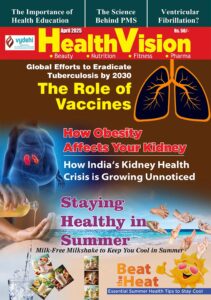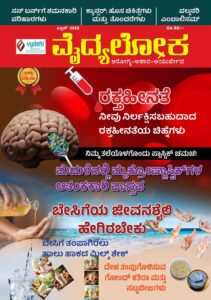Reporting of pandemic COVID-19 has neither rules nor guidelines, though covering a war often has rules for the media. Reporters are at the pandemic war-front exposing themselves to the dangers of infection. Duty is paramount, but self-protection is also equally important.


We are at a crucial juncture as the global COVID-19 pandemic situation is unprecedented in independent India’s 72-year-old history. Never have the people of the country been asked to stay within the confines of their homes for this long a period, not even when the country has fought wars. Yet extraordinary times demand extraordinary measures. As PM Modi underlined, “stringent SOCIAL DISTANCING and staying within the Lakshman Rekha of our homes is the only prevention against the corona virus”, the only way to break its transmission cycle. In such times of curfew and lockdown, the role of media houses and reporters turns out to be of utmost importance, calculative and correct, saving themselves with infection when they move out for coverages or stay in offices — everywhere. There must be certain tenets to be followed to sail through this catastrophe safely, and hence these guidelines.
Towards this endeavour, HEAL Foundation, (Health Essayists & Authors’ League) has released broad guidelines for journalists covering the pandemic. This has been done in consultation with media experts – print, visual and online – and sociologists and psychiatrists. This could help reporters and those at the desk especially in today’s world where fake news is a big threat. Fake news could be more dangerous than the pandemic itself as the world gears up to tackle the catastrophe.


While covering the pandemic is one side of the story, the side-effects like lockdown syndrome, withdrawal syndrome, depression, panic, fear etc., have been receiving media attention. This too calls for special skills as reporters fan out to cover COVID-19 in its enormous entirety.
Prof KG Suresh, Dean, School of Modern Media, UPES & Ex-DG, IIMC, says, “As India is under lockdown, media remains the only window open to the world for our citizens. While discharging their duties, there is a need for media-persons to take care of both on the physical and news front. Physically reporters have to take extra precaution against contracting the virus even as they cover stories from virus endemic zones and may be exposed to those infected, and while covering a story, there is a need for looking hard at facts, cross-check them and not get carried away by a perceived enormity of the situation.”
R Shankar, President, HEAL Foundation and senior journalist says “We are going through tough times which makes journalism a different ball game. COVID-19 has changed our lives; COVID-19 has changed the way we report on a pandemic. Most journalists may not have seen a pandemic of this magnitude that has brought nations – developed and developing — across the globe to its knees.” As Prime Minister Narendra Modi rightly put it: “This crisis has engulfed the entire human race.” Covering war has set rules, but covering a war against a pandemic also needs rules, guidelines or precedents to follow – while reporting, covering or disseminating information. These are not rules imposed from above, but ones that should come from within the journalistic fraternity. While it is easy to sensationalise stories, the media should also focus on success stories, of ordinary and extraordinary people who have gone out of the way to fight the pandemic at the local level. And, above all, stay safe. The world needs you journalists.
Web link of the guidelines: https://www.healfoundation.in/wp-content/uploads/2020/03/COVID-19-Guidelines-for-reporters-and-Media-Houses.pdf











